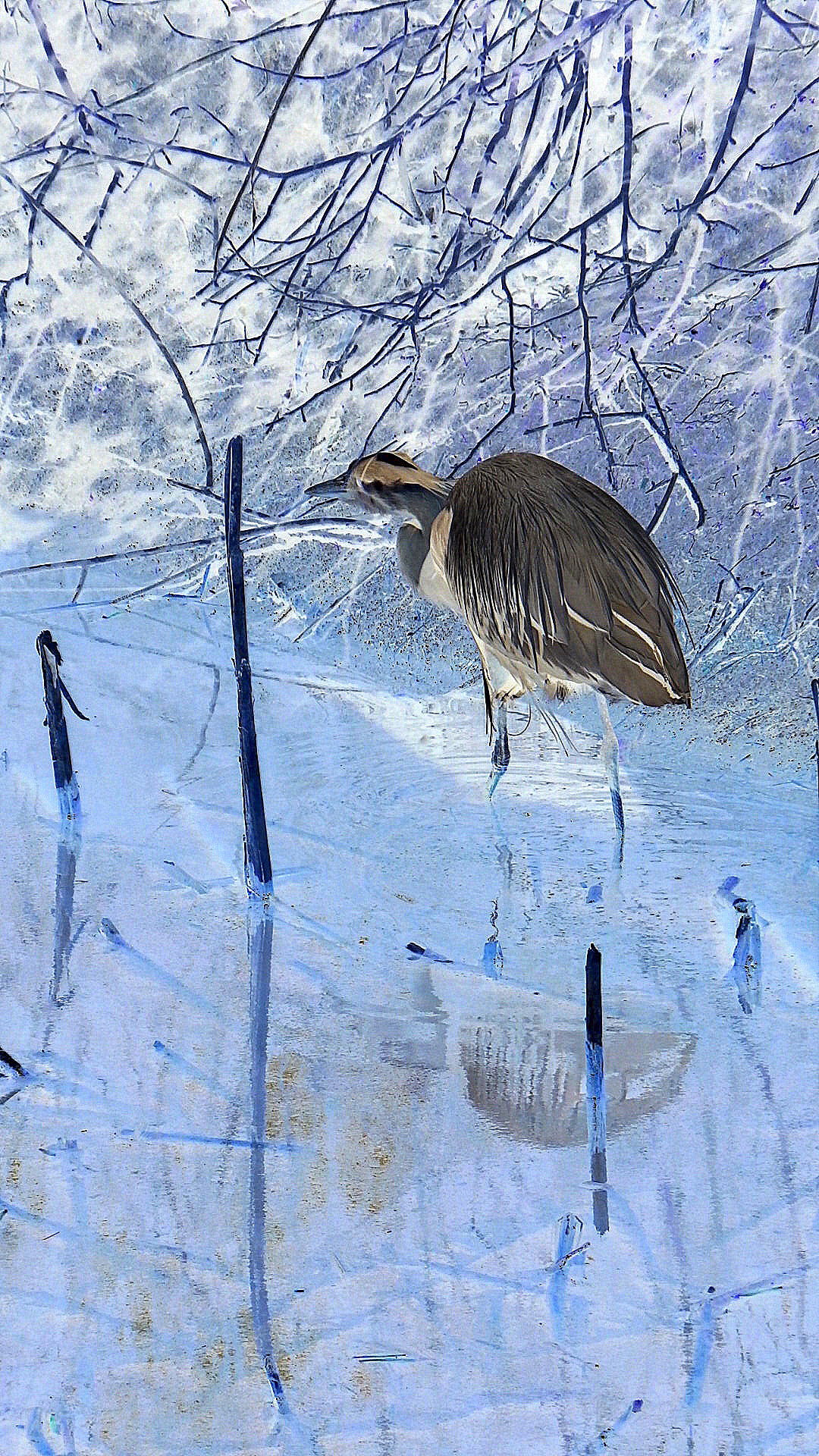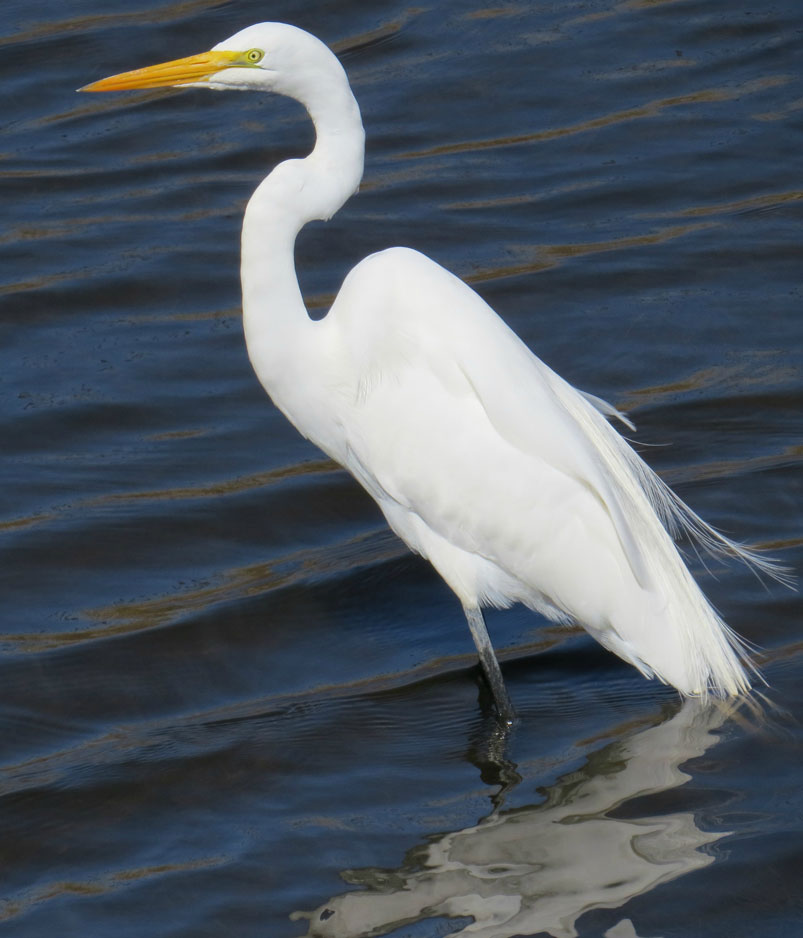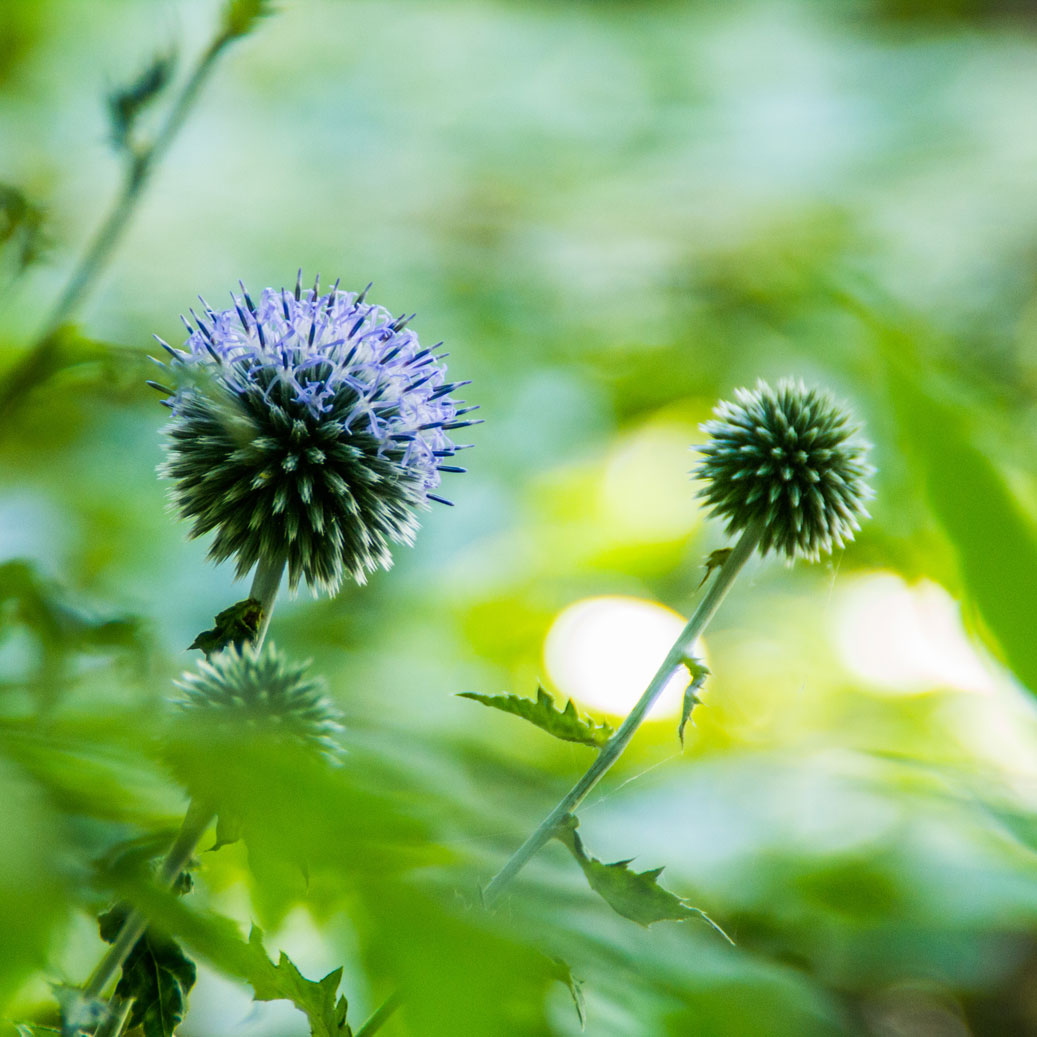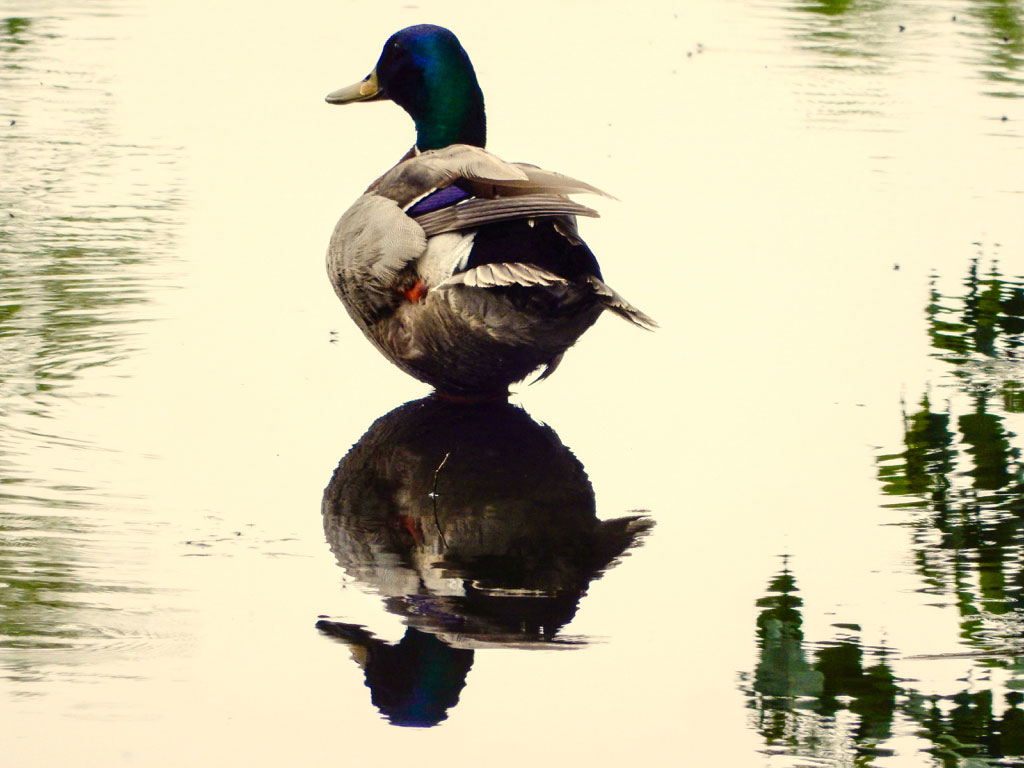

For Poems Published in The Heron's Nest Volume 17 (2015)
Eighty-three readers of The Heron's Nest have provided us with their selections of the best poems we published during 2015. We published 487 poems in Volume 17. Of these, 316 received at least one reader nomination. Ten points were awarded for a first place nomination, nine for second, and so on.
Here are the top poems and poets as identified for these Readers' Choice Awards:
Haiku of the Year (22 nominations, totaling 163 points)
her death date
I pause the river
in my cupped hands
—Carolyn Hall (March issue)
(15 nominations, totaling 113 points)
darkness
I lock
myself in
—Francine Banwarth (June issue)
(11 nominations, totaling 81 points)
redwood silence from a different century
—Cherie Hunter Day (December issue)
(10 nominations, totaling 62 points)
crows until the world is silhouettes
—Polona Oblak (December issue)
61 points: "it begins..." — James Chessing — June
61 points: "origami bird" — Elmedin Kadric — March
59 points: "first snow" — Jörgen Johansson — March
55 points: "the carving knife" — Francine Banwarth — March
54 points: "the warmth" — Alan Summers — September
53 points: "tree stump" — John J. Dunphy — March
53 points: "in a rush to reach stillness" — Chad Lee Robinson — December
42 points: "he casts his line" — Matthew Caretti — September
41 points: "hospice..." — Francine Banwarth — June
41 points: "a second one last look" — Bill Deegan — September
41 points: "evening swallows..." — Robert Gilliland — March
40 points: "spring dream..." — Michael McClintock — September
39 points: "if trees" — Eve Luckring — September
39 points: "prayer circle" — Sandra Simpson — September
38 points: "one by one" — Shrikaanth Krishnamurthy — March
38 points: "the bright edge" — Jo McInerney — December
This category represents the total number of points awarded to each poet for their entire body of work in Volume 17.
Francine Banwarth: Poet of the Year (32 nominations, naming 4 of 4 poems published in Volume 17 = 237 points)
Carolyn Hall: (31 nominations, naming 3 of 5 poems published = 209 points)
Cherie Hunter Day: (14 nominations, naming 3 of 5 poems published = 95 points)
Alan S. Bridges: (19 nominations, naming 6 of 6 poems published = 87 points)
Michael McClintock (5 of 5 poems, totaling 81 points)
Susan Constable (4 of 4 poems, totaling 79 points)
Elmedin Kadric (3 of 4 poems, totaling 76 points)
Christopher Herold (4 of 6 poems, totaling 72 points)
James Chessing (2 of 3 poems, totaling 70 points)
Robert Gilliland (3 of 3 poems, totaling 69 points)
Chad Lee Robinson (4 of 4 poems, totaling 69 points)
Robert Epstein (4 of 4 poems, totaling 68 points)
Peter Newton (3 of 4 poems, totaling 68 points)
Polona Oblak (1 of 2 poems, totaling 62 points)
Alan Summers (2 of 3 poems, totaling 60 points)
Jörgen Johansson (1 of 1 poem, totaling 59 points)
Dietmar Tauchner (4 of 4 poems, totaling 59 points)
We congratulate the poets honored in this year's Readers' Choice Awards and offer our sincere and deepest gratitude to the readers who devoted their time, effort, and discernment to the nomination process.
When I was asked to judge the 2015 Peggy Willis Lyles Haiku Awards my heart became a singing bird (credit for the image to Christina Georgina Rossetti, another three-named poet). My heart sang not only because of my deep friendship with Peggy whose legacy lives on in these awards, but also because her haiku collection, To Hear the Rain, is never far from me. I have been keeping it close in my summer writing nook — the screened-in porch — as my judge's comments go from heart and brain to pen and paper.
In the classic film Roman Holiday Audrey Hepburn's character is asked during a press conference: "Which of the cities visited did [you] enjoy the most?" She is prompted to answer, "Each in its own way was unforgettable." So too were the submissions gleaned by The Heron's Nest editors. But just as Audrey Hepburn's character amends her reply by stating, "By all means, Rome. I will cherish my visit here..." so too do I cherish my choices of the top three award winners and five honorable mentions. These eight haiku are my "Rome" and now are lodged inside me, a gift for which I am grateful to the The Heron's Nest poets' community.
Although I had the opportunity to learn the names of the poets who wrote the winning haiku, I chose not to do so. I felt the names would distract me as I wrote my judge's comments. These winning haiku stand on their own. I am happy to be able to share them with you, a fitting legacy of the poet for whom these awards are named.
Roberta Beary
spring equinox
a change in the melody
of melting ice
Adelaide B. Shaw
Millbrook, NY
The musicality of this haiku is what tipped it above all other submissions. The leitmotif of melting ice is an image that engages all five senses. Read these 10 words aloud and you are there with the poet, a witness to the changing of the season. The darkness is gone and though some remnants remain, winter will give way to spring. Contrast the hard sound of the word "equinox" in line one with the softness of "melting ice" in line three. Each word the poet chose has meaning, none is superfluous. I returned again and again to this haiku as I read through all submissions. It became a favorite of mine, one heard on an endless loop. What sets this poem apart from the other two winners is its all-embracing quality of both the natural world and the human world. But ultimately it is a poem that speaks to hope, rebirth and resilience.
wren song-
the width
of now
Beth McFarland
Karlsruhe, Germany
What can haiku do for us as readers? One answer is to take us to a place outside ourselves and at the same time keep us in view ... no easy task. Yet one at which the writer of this haiku excels. How is this possible in such a brief poem? The abstract concept of now is accessible to the reader through the poet's skillful word choice. In these six syllables, a cadence flows from word to word. At the end of this journey the reader is transported to a place that is both vibrant and profound. The juxtaposition of time eternal with the active everyday voice of a wren's song takes me deep inside the haiku moment, and lifts this haiku above the remaining winner and Honorable Mentions.
ultrasound scan
I rearrange
my dreams
Sonam Chhoki
Thimphu, Bhutan
Third place goes to another haiku of just six words. This haiku's topic is a big one, life and death. The poem asks the question of what can be done to thwart the modern technological absolute of the ultrasound's verdict. The answer lies in another absolute, which each of us possesses: free will. "I rearrange / my dreams" is a playful concept, a welcome outcome of the poet's musings on mortality, and a fine example of the healing power of haiku.
Honorable Mentions (unranked)
dandelion down to the bare necessities
Francine Banwarth
Dubuque, IA
A one-line haiku done well stays with the reader long after the concrete picture of the form is gone. In reading over this submission I thought of Disney's Jungle Book song and my own history as abject gardener and single parent. But these images vanished and another, more permanent image took their place. A single dandelion, simple and beautiful. This haiku took me outside the poem. Sometimes it is a good place to be.
winter solitude
my chess move marked
return to sender
James Chessing
San Ramon, CA
It is a truth universally acknowledged that for a haiku to work well the poet should show and not tell. After multiple readings, the exact meaning of this haiku slips through my fingers. But there is no denying the uniqueness of the image, "a chess move marked return to sender." In the end that image causes me to return to this haiku and listen closely as it speaks of the nature of solitude.
huckleberries
picking through
my boyhood
Dan Curtis
Victoria, British Columbia
Canada
What is omitted can be the breaking, or as in this case, the making of a good haiku. Each time I read this haiku aloud, I visualize the name of the novel Huckleberry Finn. For me the missing yet present phrase supplies a strong undercurrent to what appears at first to be a simple poem. What is unspoken adds an overall depth to all three lines, resulting in a quality haiku.
spring harvest
fresh rocks from
the potato field
Charles Doebler
Bellefonte, PA
This haiku successfully evokes images from Ireland's history, echoes of colonialism, and the plight of today's small farmer. Yet there is nothing overpowering about this haiku, which speaks to one's place in the natural world. It is at its core a moment of discovery in which, to borrow from Yeats, "a terrible beauty is born."
ocean wind
salt
for the busker's cup
LeRoy Gorman
Napanee, Ontario
Canada
Sometimes a haiku works because it is just right. I feel the ocean wind, taste the salt, and sense the dismay of the one hoping for spare change. And then I add to the mix what I bring as reader. For me it is a childhood memory of an ocean boardwalk. Keep moving, my father says. But I find myself still looking back. For this gift, I thank the writer of this choice haiku.
Editor: This year's contest drew 1,868 entries, from 441 poets. Our thanks to all who entered and to Roberta Beary!
We are pleased to announce that these images have been selected, from nearly 300 submissions, to be featured in The Heron's Nest, Volume 17 (2015). The Volume 17 print edition will be issued in April 2016. Advance orders will be accepted from December 2015 through March 2016.





.jpg)


Congratulations to these artists and our deep thanks to all who sent us their work. We wish we could have used much more of it.